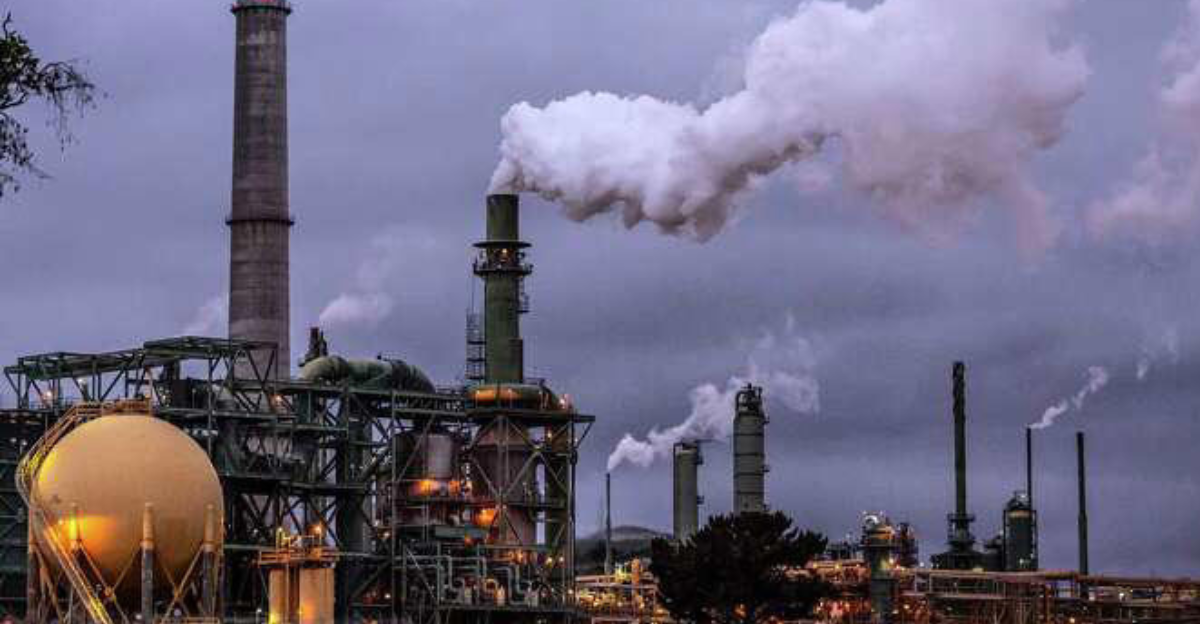
When the government is actively helping sell a privately owned oil business, you know something’s going down. It actually sounds contradictory, especially for a state that’s pushing for greener energy, but there’s a bigger concern that surpasses other aspects: fuel shortages and skyrocketing prices of everything.
Oil refineries affect many things: gas stations running dry and prices exploding, and eventually hurting families who can’t afford $8-per-gallon gas. The state leaders can’t just let their views overpower reality, since their people still need gasoline to drive to work, and businesses under their care still need fuel to operate. That’s why they’re now stepping in, striking a balance between environmental responsibility and everyday living.
Why Refineries Matter For The Local Economy
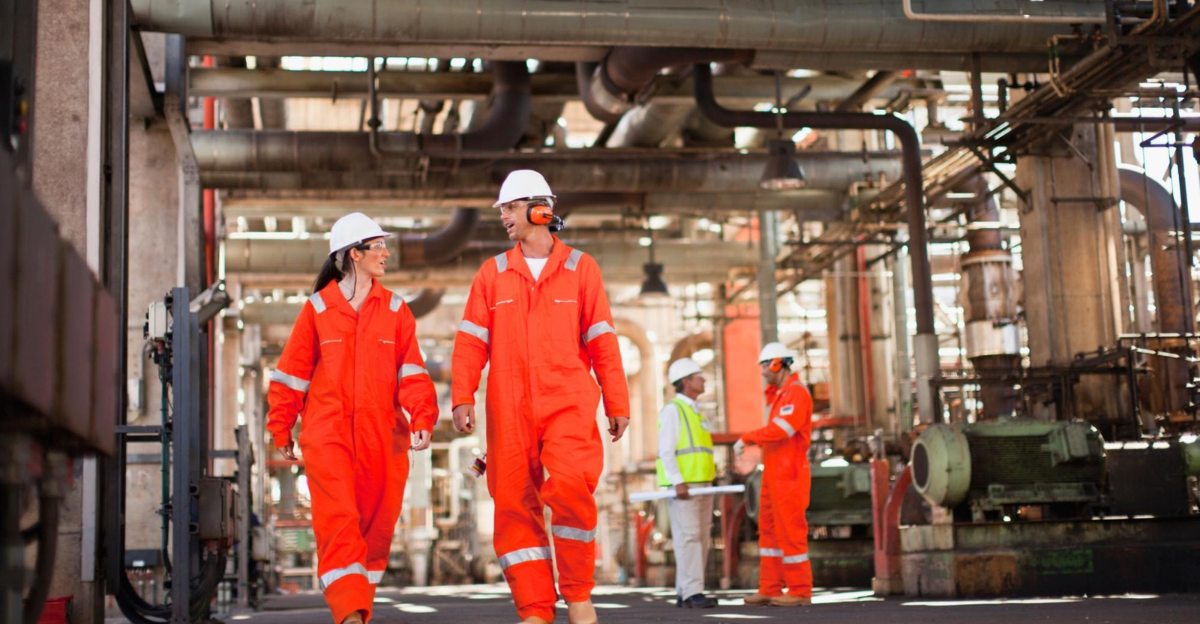
Think of refineries as economic anchors that California’s oil and gas industry use to employ nearly half a million people, as it makes up 8% of everything that the state produces each year, a small number but a big impact. It is important to note that workers there earn more than $53 billion per year; also, these refineries supply more than $47 billion through taxes to the state and local governments, which helps fund important projects such as schools and roads. Without them, many people won’t have jobs, and California could lose major tax revenue that pays for public services.
This Bay Area Refinery Is Struggling
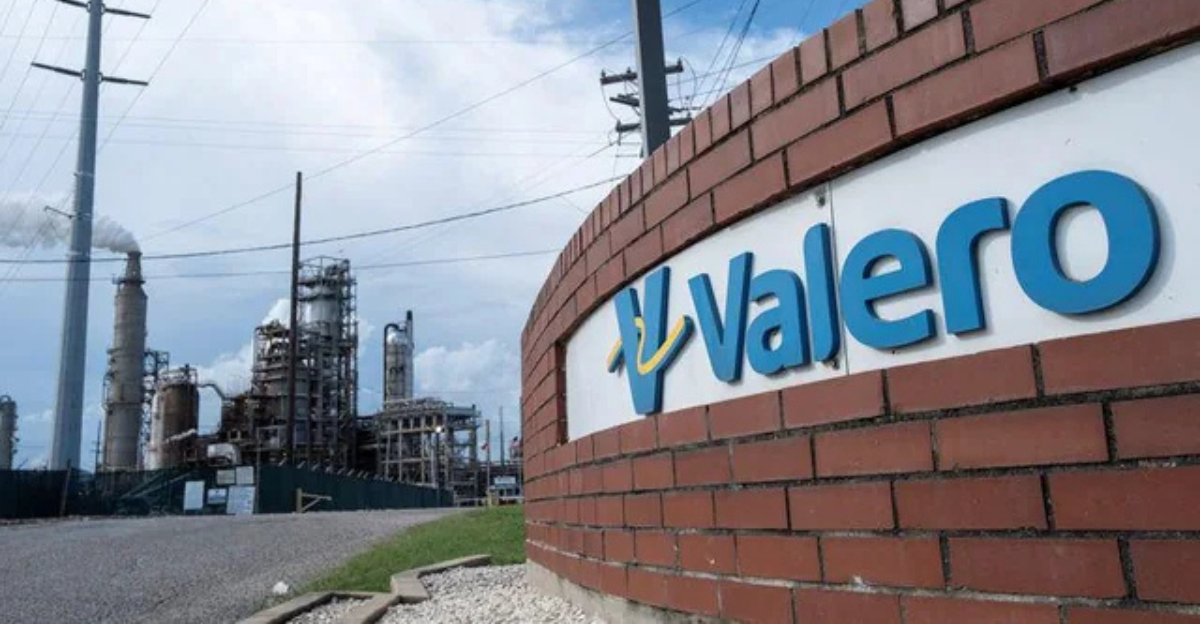
The state is expected to lose 21% of its refining capacity by April 2026. Valero, which owns the refinery, says they’re closing because the government has too many strict rules, and they even had to pay an $82 million fine for breaking air quality laws. Early in 2025, West Coast refineries are not operating at full capacity; instead, they are only operating at 75% of their potential. This is all happening because California refineries keep having problems and shutdowns. And it’s going to be more difficult and expensive for companies to keep running their refineries in the state when the issues persist.
Communities Are The First Affected

Workers would be the ones to take the hit when a refinery closes. For the record, the Benicia refinery had about 400 workers, and when Phillips 66 closed, 900 people lost their jobs… these are real families who need money to live.
When many people don’t have work, it alters the whole local community. It’s a big ripple effect because if workers have less money to spend, those businesses will also struggle and might have to let some of their workers go too. On a bigger scale, local governments are also affected because they’ll collect less tax from workers and companies, making it harder to pay public servants, who communities need.
Impact On The U.S. Economy
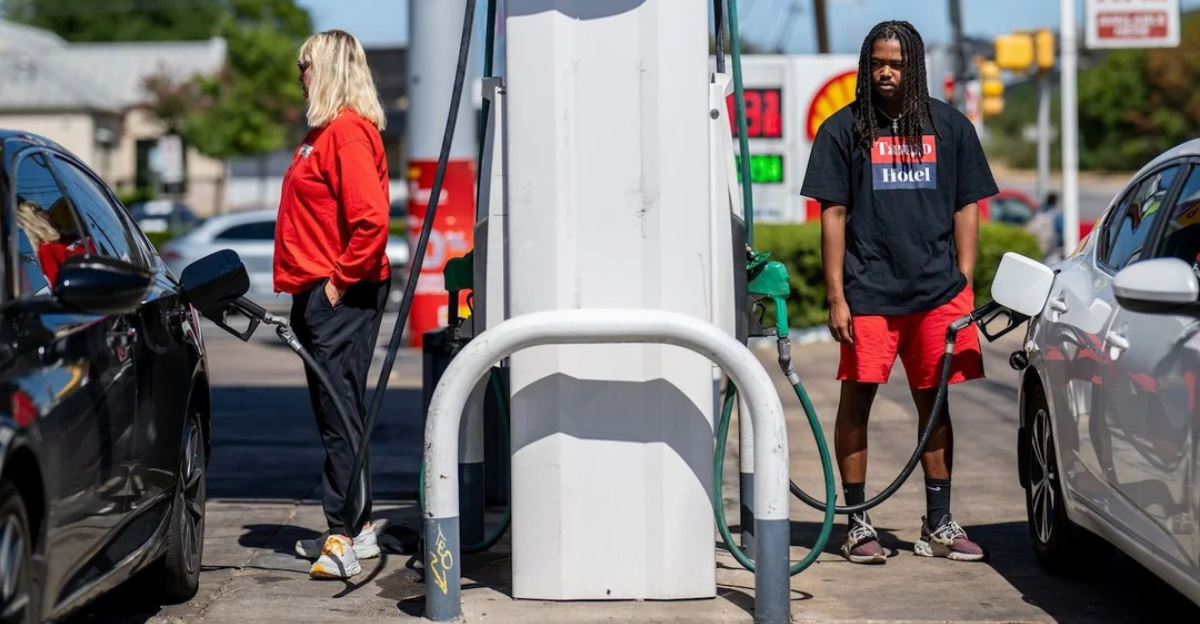
The ripple effect goes way beyond the local communities. For context, California uses 13.1 million gallons of gas every day but only makes a quarter of its oil. If their major refineries shut down, there’s a potential shortage of 6.6 to 13.1 million gallons of gas every day; that could make the gas prices go up everywhere in the country. In California alone, gas could cost over $8.00 per gallon by 2026 instead of the current $4.85. With this, other important businesses like airlines, food delivery, farms, factories, and hospitals are going to take the blow, making life squeezed and even more costly for everyone across the United States.
California’s Approach: State Mediation and Policy Tools

The state government knows that closing refineries is going to be a big problem, so they’re now stepping in. The California Energy Commission (CEC) is working hard to find new people to buy the Bay Area refinery so that it can stay open and keep people’s jobs…that’s part of the bigger plan, though it isn’t a quick fix. California will still stick with its cleaner energy in the future while making sure that there’s always enough fuel for people to use. So, the state government is using its power to help make both deals happen without much of a stretch.
The Environmental and Regulatory Juncture

California enforces strict rules about pollution that make it difficult for oil companies to work. These rules require companies to follow expensive requirements, and they have to pay huge fines once violated, hence the closures. The thing is, the state made these environmental laws for a very important reason: to fight climate change and make the air cleaner.
It seems that the leaders are trying to make two ends meet at the same time. They want cleaner air and a healthier environment in a community where people need enough fuel to use. This creates a pivotal problem for them because Earth protection sometimes conflicts with business needs.
National Trends: More Plant Sales… Or Closures?
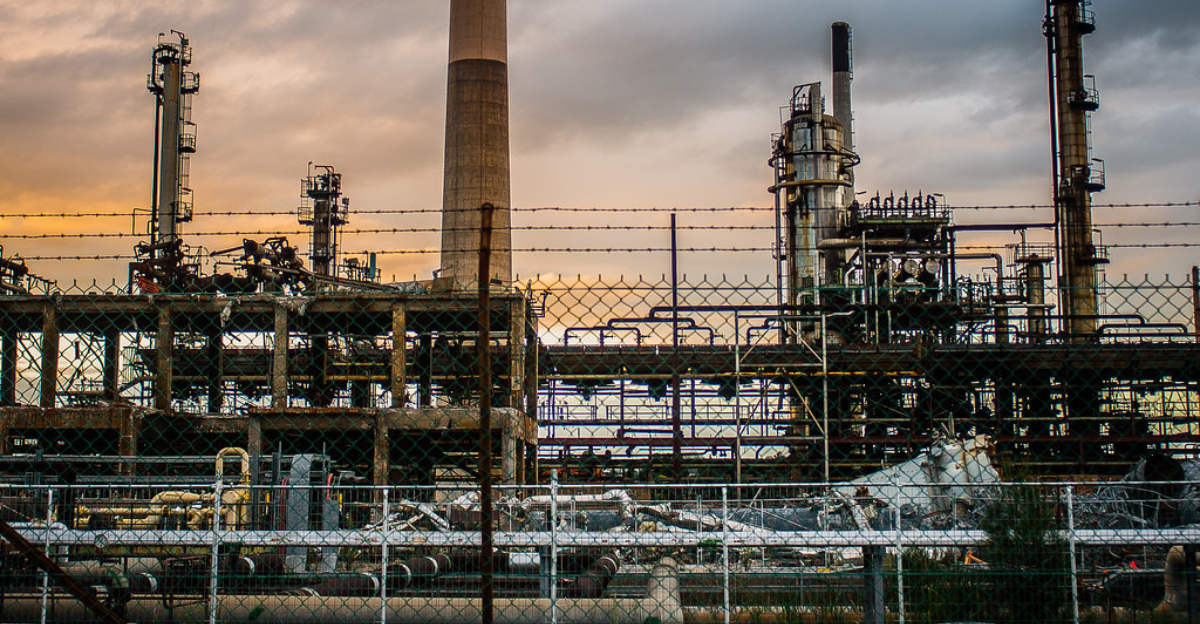
In 1983, California had 40 refineries, but now, in 2025, it only has 13…a huge drop over time. But this problem isn’t just in one state: The entire refining industry across America is going through big changes right now. Plants are only running at 86% capacity by early 2025 due to maintenance problems and other issues. Other states are also planning closures or restructuring for their refineries. The real reason? The new environmental laws and changes in the energy business. Over time, people will feel the effects of these actions through their spending and workforce.
What’s Next For Workers And The Region?

The refinery’s workers, contractors, and individuals who work at local businesses that rely on the industry would suffer the worst once the Bay Area closes. With this, communities would receive less tax money and fewer business activities, which would shape the lives of many families and local services such as schools and hospitals. The government’s action to support the refinery can save jobs and keep the local economy stable during the difficult changes.
It’s About All Of Us
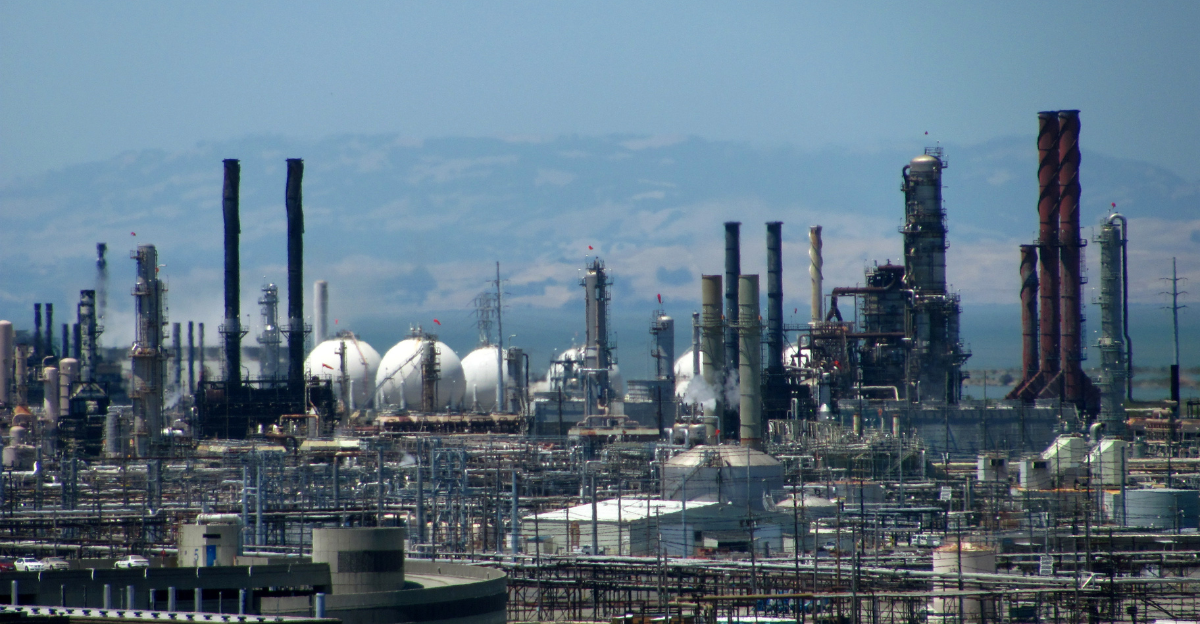
Millions of people will eventually notice the changes every day once the Bay Area refinery closes. The fact is, the oil and gas industry may not directly impact people, but changes in other aspects of life are caused by the events happening in the refineries. The majority rely on public transportation, groceries, and electricity, and all of them depend on fuel. If California has to buy fuel from other countries instead, the product may be less reliable and can be more dangerous to the environment, provided that other places impose less strict pollution rules than the state does. That’s why keeping the refineries open is important because they are one of the foundations that keep the American economy strong and sustainable.
